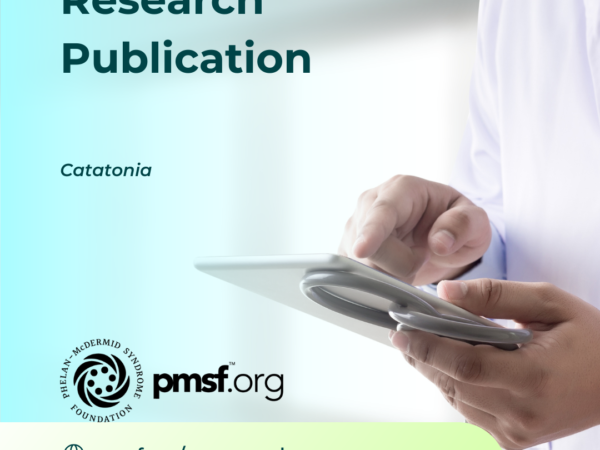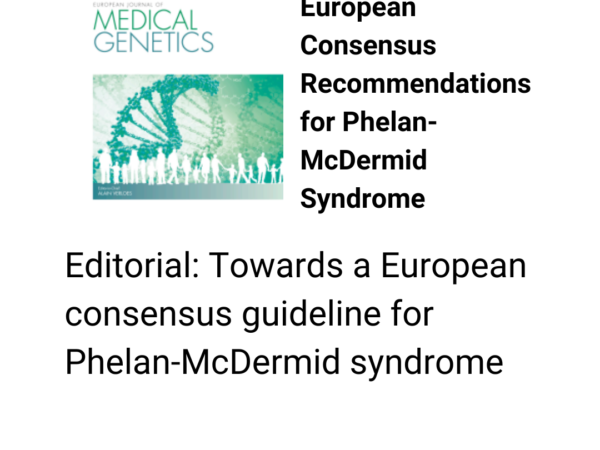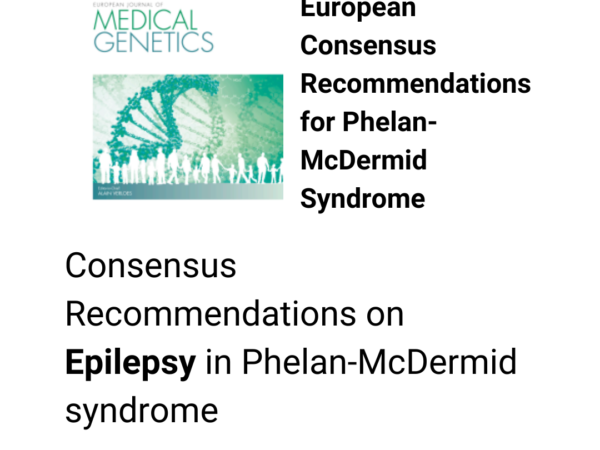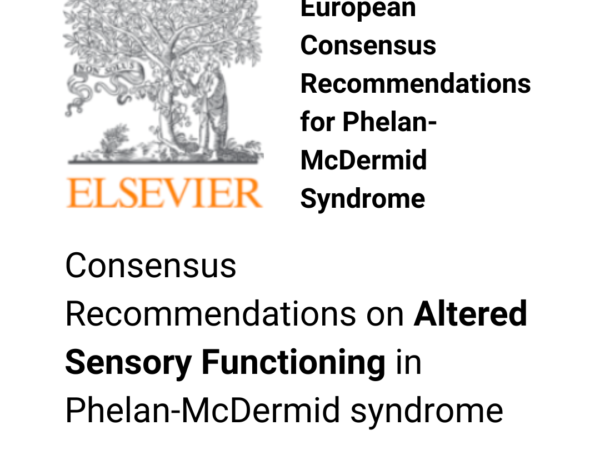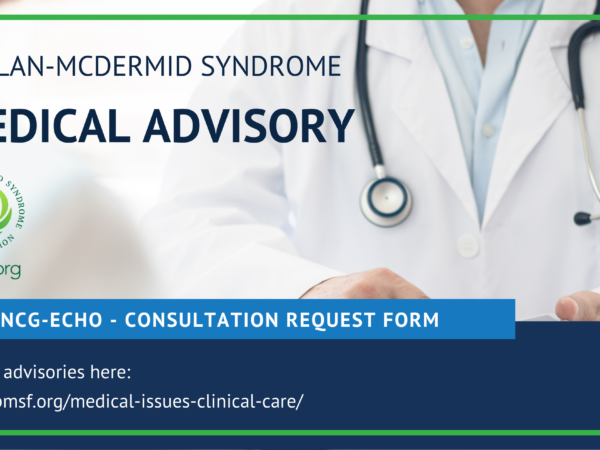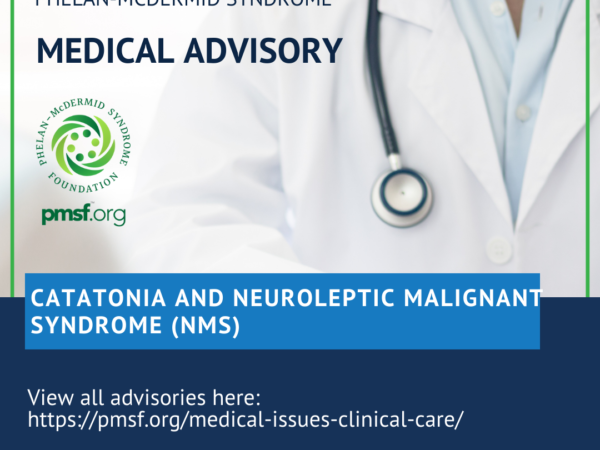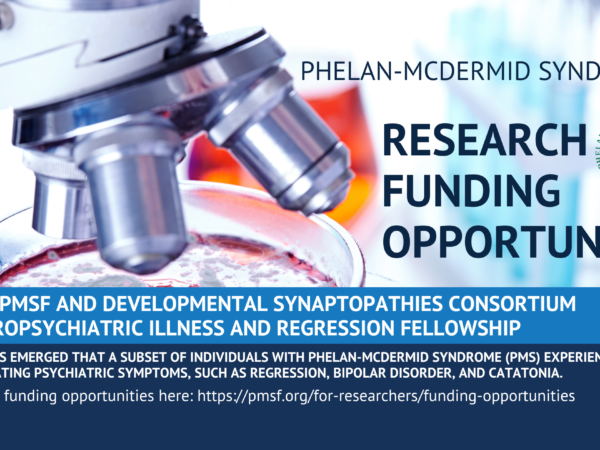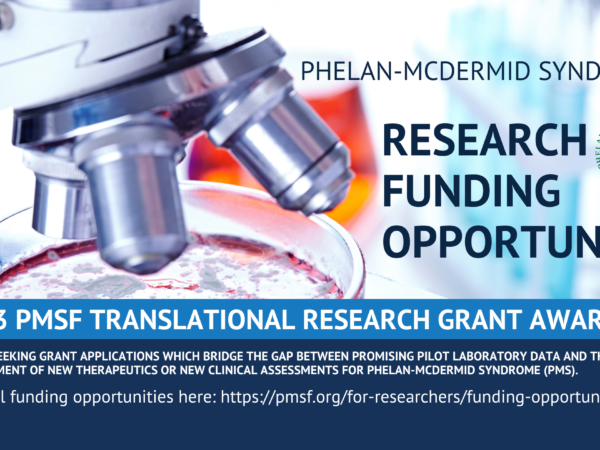Catatonia: A Common Cause of Late Regression in Autism
Autism spectrum disorder (ASD) is a neurodevelopmental disorder characterized by social communication deficits and restricted interests and behaviors which begin very early in life. In about a quarter of cases, the symptoms emerge about 18–24 months after a period of normal development, a phenomenon commonly described as early regression. However, marked functional decline can also occur in persons with autism after a relatively stable childhood.

